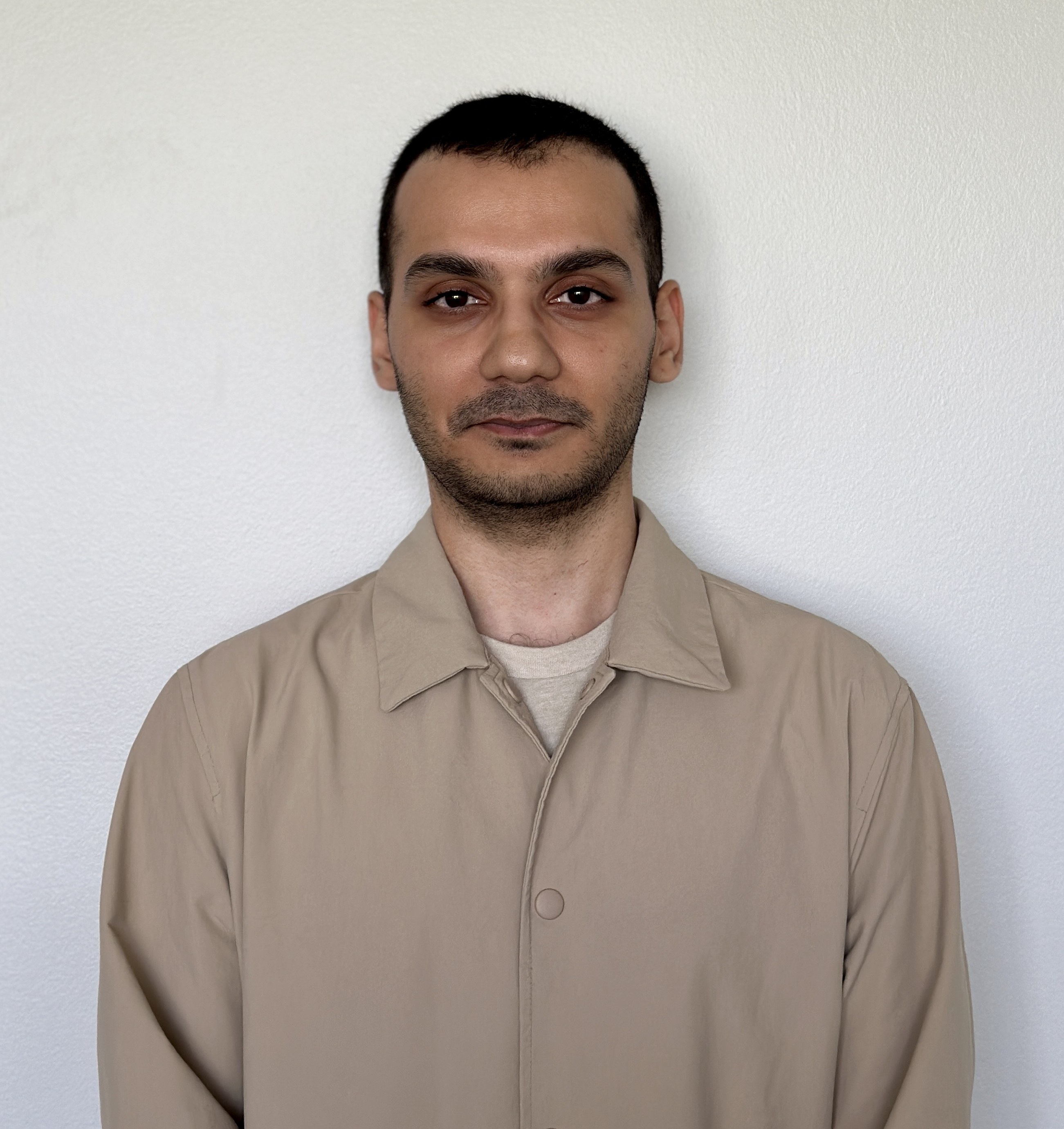Abhigya Giri ’21 loves numbers—a fact that led him to earn an MPH and a career in biostatistics. “I chose the Milken Institute School of Public Health because I wanted to be in an environment where I could collaborate with other biostatisticians, where I could really nerd out,” he says. As a student, he was excited to discover the GW Biostatistics Center, which applies statistical methods to studies that address important questions in public health and medicine. Its large-scale studies, conducted in close partnership with scientists and clinical sites across the U.S. and internationally, have led to evidence-based strategies to diagnose, prevent and treat diseases.
Giri always thought that working at the GW Biostatistics Center would be ideal. Within a year of graduating, he came across a job posting for a biostatistician at the Center and decided to apply. “Thankfully, I got the job,” he notes. “So here I am.” Giri is now part of the Center’s Antibacterial Resistance Leadership Group, a team conducting groundbreaking research to address antibiotic-resistant infections—one of the most serious threats to global health we are facing today. According to the Interagency Coordination Group on Antimicrobial Resistance, drug-resistant diseases already cause 700,000 deaths globally every year.
“Currently, I’m working on a multidrug resistant organism study. It was an observational study with three sub-studies, each focused on a specific type of organism or a group of organisms,” he explains. “The primary papers related to those three studies have either been published or are in the process of being published. But we have all of this data on cultures and antibiotics, which a lot of the clinicians involved want to use to answer other questions. My job is to help with those secondary analyses.”
And this is where Giri is able to indulge his inner stats nerd. “I love when I’m given a question—for example, if I’m asked to make a table. I love sitting down, figuring out which data sets I need to pull in and code to generate the output. Sometimes it’s not straightforward and I need to iterate because more questions come up as I’m coding. So I’ll go back to the researcher and let them know what’s happening, which may lead to requests for more tables with different figures. I really enjoy that whole creative problem-solving process.”
Giri chose Milken Institute SPH for his master’s because he thought GW’s location in the nation’s capital offered the chance “to see the diversity of opportunities out there for biostatisticians.” As a student, he appreciated the ability to personalize his MPH program. “It was a good mix of ‘we’ll tell you the courses you need to take to be a good data analyst, but we’ll also give you enough freedom to explore your interests with electives.’ I took full advantage of that by taking a lot of GIS [geographic information system] classes.”
“To me, what’s special about the Department of Biostatistics and Bioinformatics is that the professors are there to support you, and they really want you to succeed,” he concludes. “For example, I wanted to learn R [a language for statistical computing and graphics] and get some experience doing research. One of my professors connected me with Dr. Gholamali Rahnavard, who set me up with a project in his lab. I ended up learning R, working in his lab for a year and a half and picking up a lot of great skills.”
All in all, a very nice start to the career of a self-proclaimed stats nerd.


